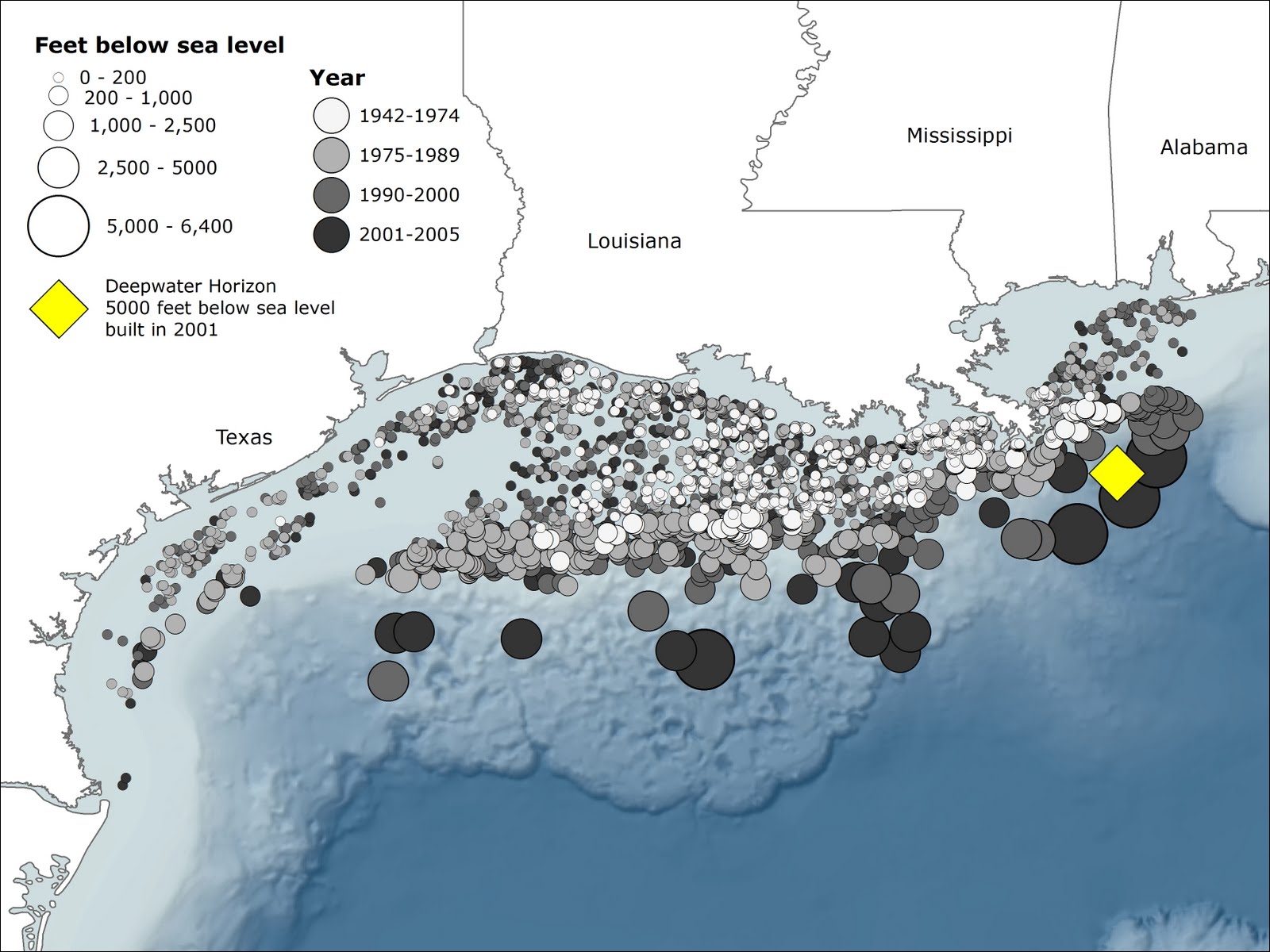Well, now that the leak has stopped, it is time to shift the microphones over to the Monday-morning quarterbacks with 20/20 hindsight so than can start testifying in the court of public opinion about how this (and every other conceivable) calamity could have been prevented. Second- guess every decision. Where were these self-proclaimed [-]media whores[/-] experts BEFORE the latest "disaster of the week" befell us? I get tired of hearing these smug I-told-you-so wonks whining "nobody listened to us before" -apparently they didn't have the credibility in their professional/academic communities to get their theories and processes implemented upfront... Why should we listen to them after the fact?
Without specifics on which reports/experts/individuals you are speaking of it is difficult to answer your question.
Many people (certainly not all) that are critical of this event WERE warning about this before the disaster. It is just that the media was paying no attention or weren't out digging for more information.
Yes, there will besome Monday morning quarterbacking but there are also people that had no idea of the risky behavior or the ignoring of safety issues that, in part, led to this disaster. Now that they are aware, they are naturally asking questions.
And yes, some catastrophies are unavoidable, but some are avoidable.




